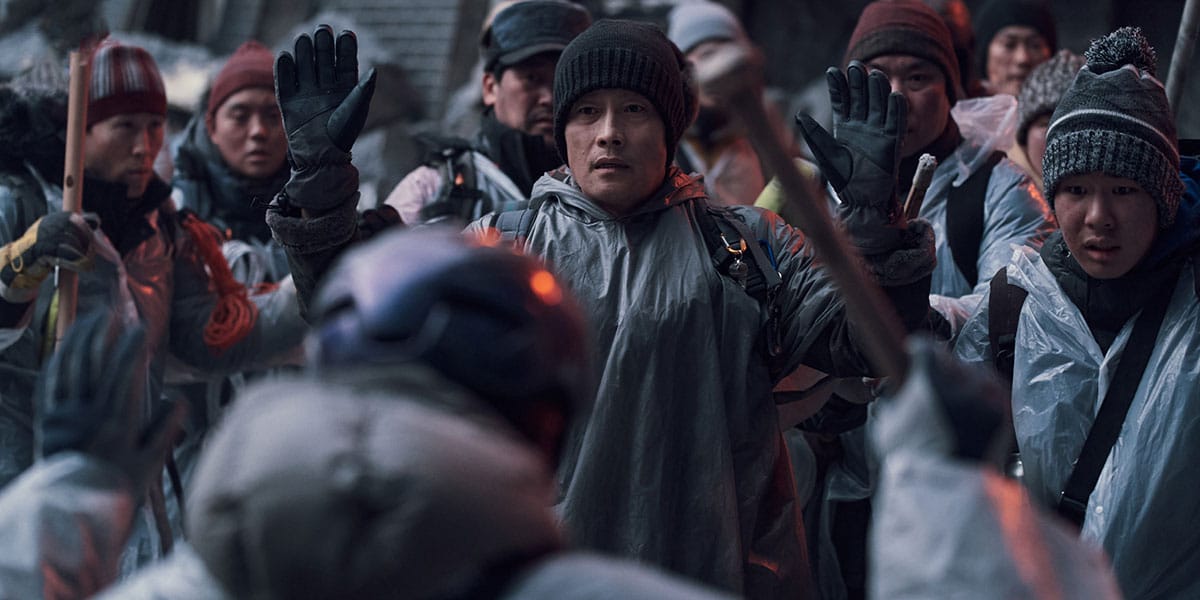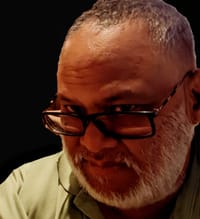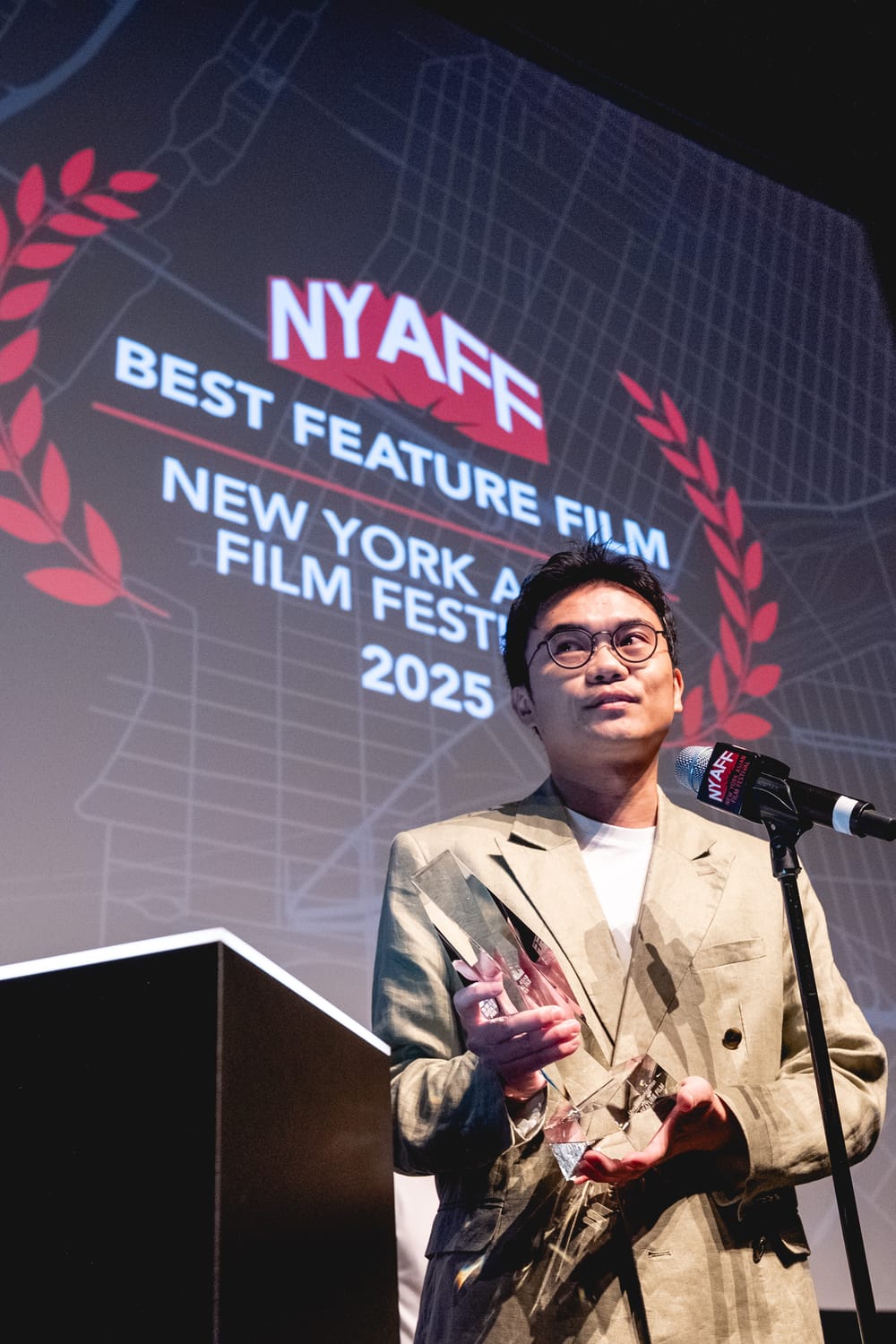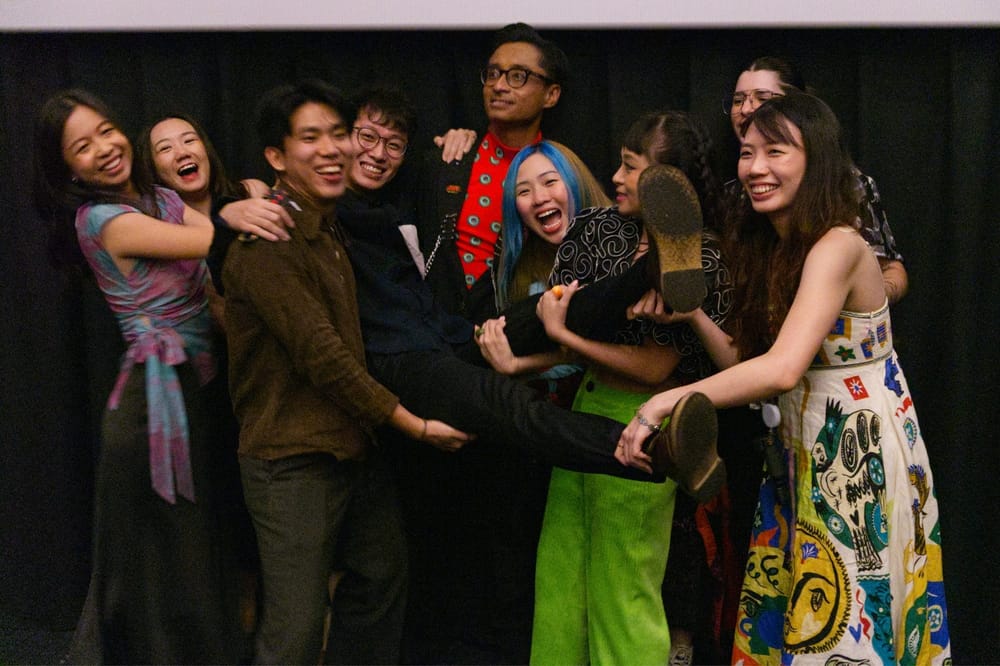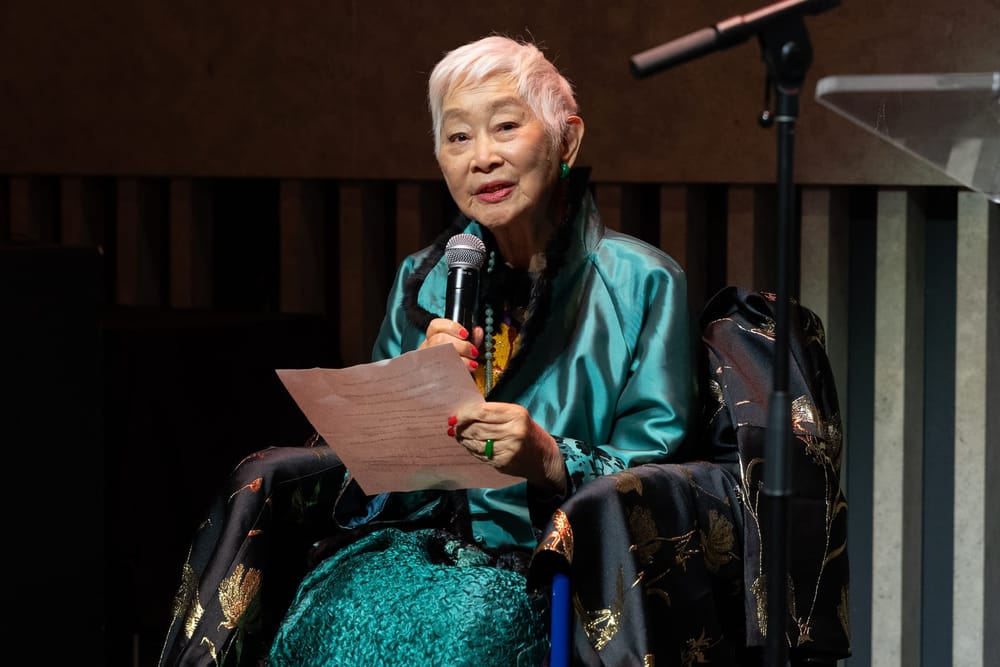By Noel Vera
Um Tae-hwa's “Concrete Utopia” (2023) opens with a massive unexplained earthquake that wipes out all of South Korea, including all forms of civil rescue and disaster relief, law and order, and government. One apartment complex – the Hwang Gung (Imperial Palace) Apartments – somehow remains standing; and its residents begin the messy and often ugly process of surviving.
A quick Google search reveals that survival films set in apartment buildings are a familiar trope, with at least two in 2020, their titles suggesting their subject matter (“Alive,” “Alone”); mention the term “post-apocalyptic fiction” and one name that comes to mind is J.G. Ballard who, in fact, wrote one apartment building survival drama that became – Ben Wheatley's “High Rise” (2015), about an apartment building's gradual slide into barbarity (too commercially compromised and whitewashed I thought, considering the source; I much prefer David Cronenberg's “Shivers” (1975). And for sheer effrontery which, frankly, is always my jam, I consider the gold standard to be Tsai Ming Liang's “The Hole” (1998), an unholy mix of climate change and Ballard and Kafka: the world endures endless rain, and in one half-deserted apartment complex the residents fall prey to a contagion that compels them to act like cockroaches.
The loneliness of the characters evoke not just the loneliness felt by folks in today’s urban concrete landscape but also the isolation many felt during the COVID pandemic. Their sense of abandonment is so extreme that the characters resort to flights of fancy involving the music of '50s songbird Grace Chan. (The film might justifiably be called a prophetic post-apocalyptic musical deadpan romantic comedy.)
Concrete Utopia isn't quite as subtle or strange, alas. It starts with the earthquake and quickly establishes the pecking order: one Yeong-tak (Lee Byung-hun) is elected Resident Delegate (delegate to whom, one wonders, considering there's no effective outside world for the community to send a representative to); he appoints one Min-sung (Park Seo-jun) as part of his paramilitary enforcement detail while Min's wife Myung-hwa (Park Bo-young) acts as the community's unofficial nurse.
The film goes the inevitable direction: who gets to stay in, who's thrown out? The resulting rules are formulated thusly: original residents can stay, the rest must leave; rations are given out according to how much residents contribute (naturally the Delegate and his paramilitary get the biggest share); and all actions are determined by democratic consensus.
The first two rules draw parallels with the rise of right-wing movements all over the world. The third – meant to be a democratic safeguard – proves an ineffective obstacle, doing little to slow down, let alone stop, Yeong-tak from becoming a de facto dictator, complete with a shady mysterious background.
The movie does take off from present-day South Korean anxieties about public housing, how it has become a near-unaffordable luxury, and how the government-owned Korea Land and Housing Corporation was involved in a 2021 real estate insider information scandal.
In this case the constant and often brutal eviction of non-residents – called “cockroaches” by Yeong-tak and his thugs, have an added resonance, while the struggle between have-nots and barely-haves (the residents constantly having to range widely to find unspoiled food) resonates in any country experiencing the widening sense of social inequality, which can be anywhere in the world, at practically any time. Come to think of it, the housing shortage can also be considered a worldwide crisis, only with differing names and corporate/government entities involved.
If we call this entertainment with interesting contemporary subtext, it holds up well enough; if we judge it by its realism, it doesn't fare as well. Putting aside the initial cataclysm (a giant earthquake that wipes out not just all of Korea but its government, leaving only one apartment building intact?), certain gaps become harder to ignore. Where is the encroaching wildlife? Cockroaches are plenty at first, but no rats? No packs of increasingly feral dogs?
The corpses, too, remain suspiciously unspoiled. At one point, scavengers break into a tunnel full of bodies – a space that should be unbearable due to stench and decay, yet our heroic forager proceeds without so much as a flinch. Yes the weather seems unremittingly cold, which might help explain the lack of rodents or the lack of rotting flesh, but no one bothers to comment on the unrelentingly bleak weather.
The residents scavenge desperately but no one even thinks of setting up a garden plot or farms? No one raising chickens, maybe a few pigs? Again, weather might play into this (to grow crops in winter or autumn weather they'd need to set up greenhouses, and then there's the issue of surviving seeds), but no one bothers to have that conversation? Cannibalism is mentioned, but remains a rumor? If they can't farm and the food situation is desperate enough, I'd call it the inevitable next step.
Visually, director Um is competent. The pace is lively, the action fairly coherent – but the film lacks the kind of evocative imagery that a gifted filmmaker might bring to the table. Richard Lester “Juggernaut,” “Superman II”), John Boorman (“Zardoz,” “The Emerald Forest,” “Hope and Glory”), Terry Gilliam (“Time Bandits,” “Brazil,” “The Crimson Permanent Assurance,” “The Adventures of Baron Munchausen”), even Bong Joon-ho's “The Host” and “Snowpiercer” come to mind. There is, however, one standout moment – a 90 degree camera tilt– that cleverly summarizes the difference between the vanished world of relative luxury and the brutal present. A good film? I liked it well enough.
Country: South Korea
Director: Eom Tae-hwa
Cast: Lee Byung-hun, Park Seo-joon, Park Bo-young, Park Ji-hu
Languages: Korean with English subtitles
Running time: 130 minutes


